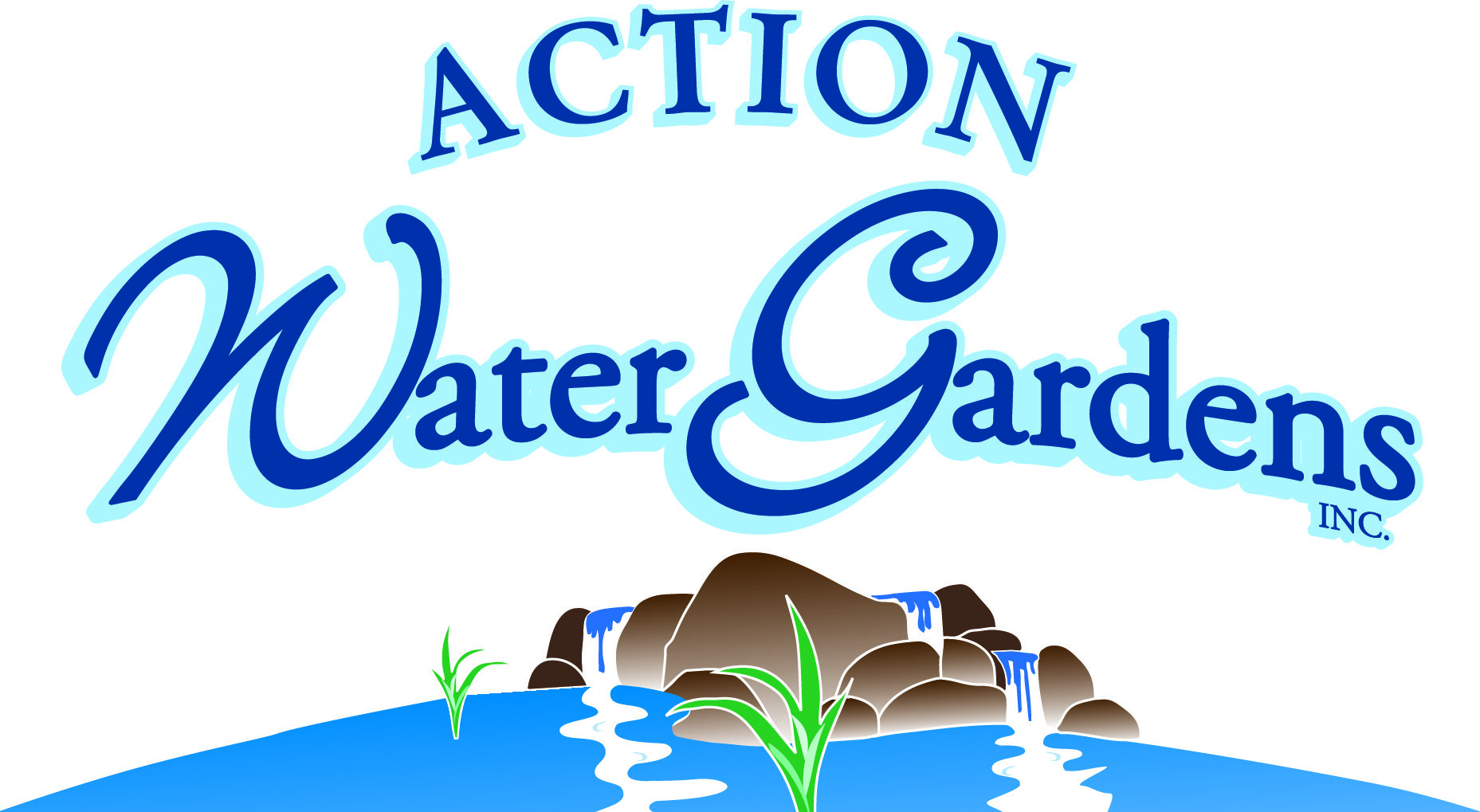Fish Diagnostics
It’s finally warming up outside, the rain has stopped (somewhat) and we are able to go outside and enjoy our water features! Even though we all enjoy the nice weather, it also can be the prime season for fish to get diseases. I am sure some of you are wondering, “What? Fish can get sick?!” and the answer is yes. Just like any other animals, fish can be susceptible to parasites as well as bacterial and fungal infections. Although some of you are lucky and haven’t had a problem with sick fish before, here are a few things to look out for and then how to treat if anything were to occur!
Some danger signs to look out for are erratic movement, flashing or rubbing on rocks and surfaces throughout the pond, open wounds or ulcers, gasping at the surface of the water, bulging eyes, scales protruding from a swollen body like a pine cone, and difficulty swimming under water (floating at the top of the surface). While these are the most common symptoms, they aren’t all of them - fish differ depending on the disease. Some issues are more noticeable to the naked eye while others are microscopic. If you think that your fish is sick, please don’t hesitate to call us here at Action so we can try to diagnose the problem for you and show you the right treatments.
The easiest way to avoid disease is to maintain optimum water conditions. A lot of issues develop from spiked ammonia levels due to a high population of fish. Don’t be afraid to do partial water changes often and when you do - add Pond Detoxifier to eliminate chlorine/chloramines and chelate heavy metals. Pond aeration can also increase water quality immensely. Another thing to keep in mind is what you’re feeding your fish. Make sure to feed them high quality fish food in order to give them the vitamins and nutrients they need to stay healthy. Prevention is the best cure. Feeding a quality diet and adding beneficial bacteria on a regular basis will help maintain a balanced ecosystem. Disease problems must be addressed in the early stages to be successful.
If any signs of disease are detected use Pond Salt and medicated fish food as soon as possible. It is always good to salt your pond regularly with pond salt as it protects the fish’s slime coats, de-stresses fish and protects them from parasites. When adding salt, add 2 lbs to every 100 gallons of pond water. However, do not let the salt stay at this level for a prolonged period of time, this will allow the parasites and other infections to become immune to the treatment. When dosing with salt, it is important to monitor the levels with a device called a salt meter. The salt level should be between 0.15-0.25. If you don’t have salt or a salt meter, we have you covered here at Action.
If you see symptoms like the ones described above or notice any white spots or cotton-like growths on your fish, we have treatments to take care of such illnesses. Aquascapes Praziquantel and/or Bacterial and Ulcer Treatment are both great products for treating a wide variety of symptoms. Praziquantel treats external and internal parasites and Aquascapes Ulcer and Bacterial treatment will help bacterial infections, fin rot, open sores and ulcers. Primafix is also a good, natural treatment to use that treats fungal infections as well as internal and external bacterial infections. For more specific diseases such as Ich (small white spots that look like bits of salt stuck to the fish) we have Aquascape Ich Treatment or KnockOut that eliminates the infestation as well as fungi and protozoa.
We don't mean to scare you by talking about fish diseases, but we want you to be aware that they exist. Dr. Pond and staff want you to enjoy your water feature and make sure all of your fish are healthy. If you still aren’t sure your fish are sick, please feel free to call us or bring in your fish to take a look and recommend the best course of treatment.
